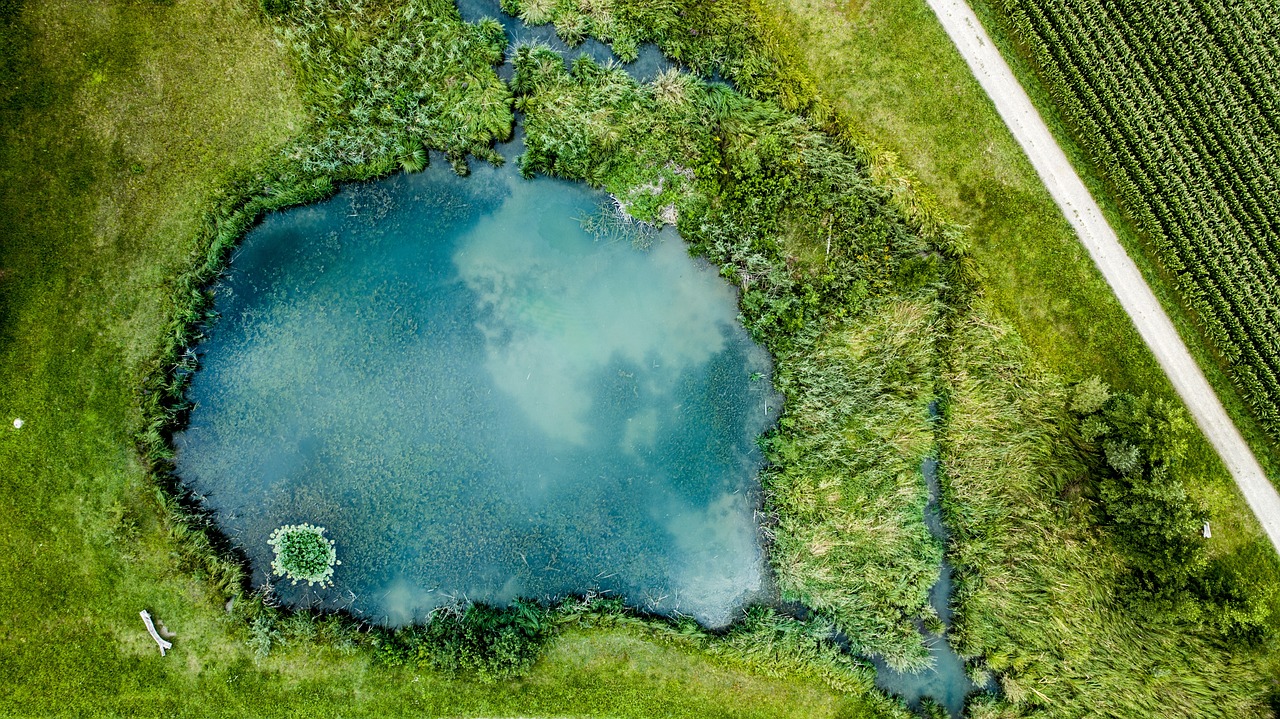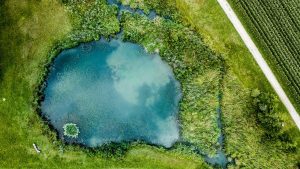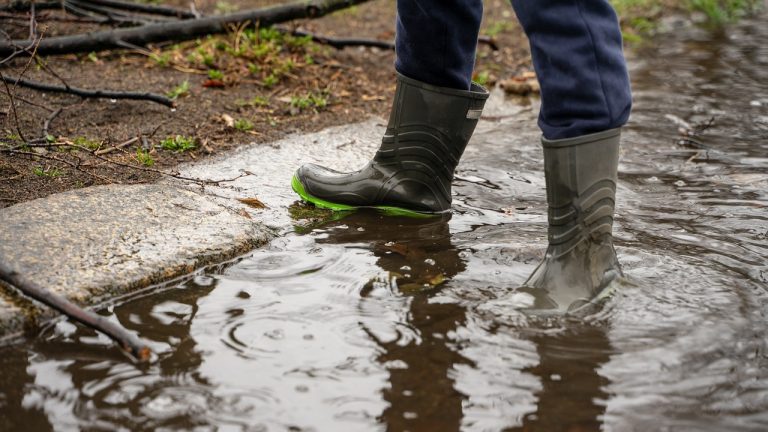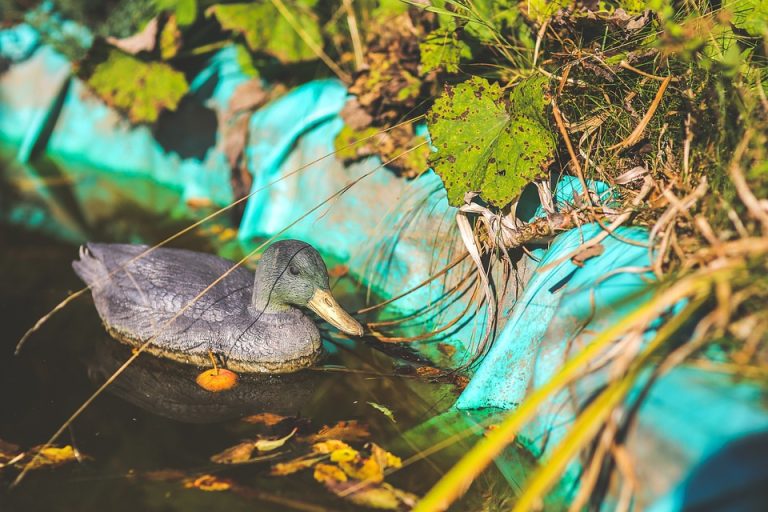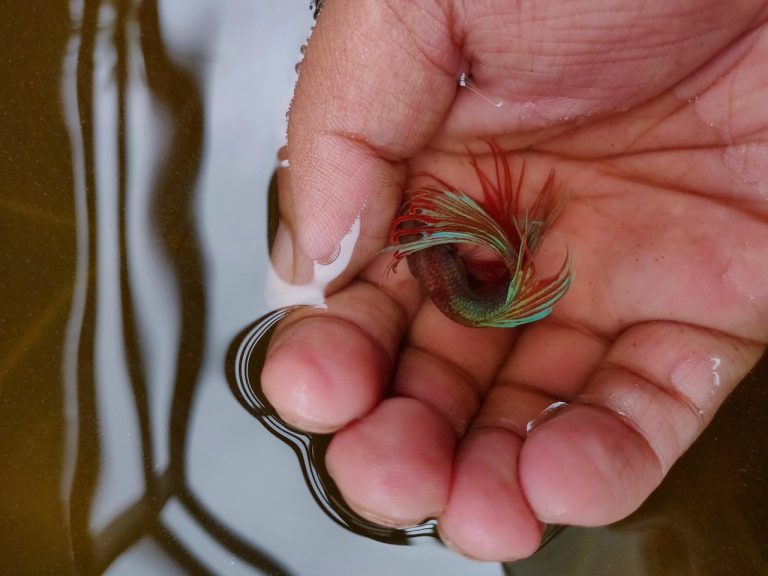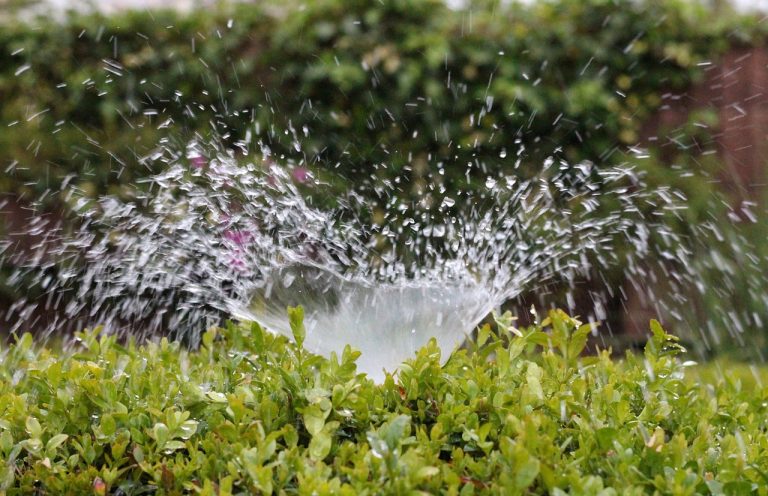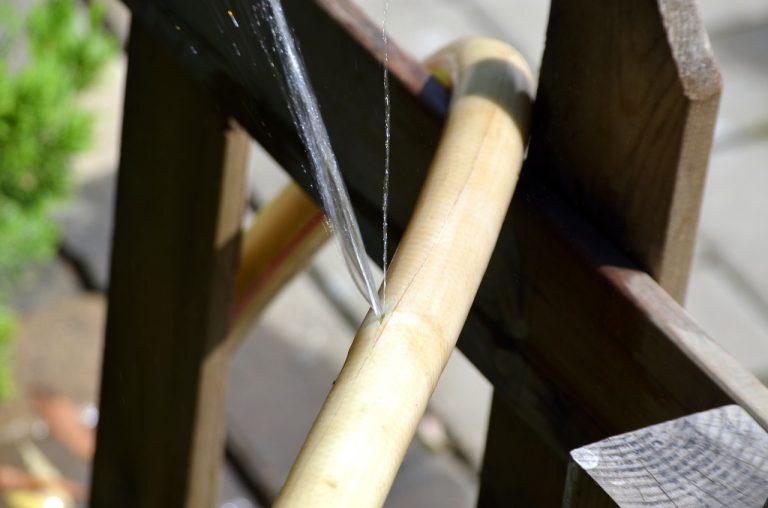WHEN IS THE BEST TIME TO CLEAN OUT A POND (6 USEFUL TIPS)
Pond cleaning isn’t just about removing debris; it’s a comprehensive process that involves balancing water chemistry, controlling algae growth, and preserving the ecosystem’s delicate balance. Whether you’re a seasoned pond enthusiast or a novice hobbyist, understanding the optimal timing for pond cleaning is essential for maintaining a vibrant and healthy aquatic environment.
WHEN IS THE BEST TIME TO CLEAN OUT A POND?
The optimal time for pond cleaning depends on various factors like season, weather, and pond condition. Spring and fall are commonly considered ideal seasons for pond maintenance.
However, it’s essential to assess the pond’s specific needs, including algae growth, water clarity, and fish health, to determine the best time for cleaning. Regular observation and proactive maintenance help ensure a clean and healthy pond environment year-round.
SEASONAL CONSIDERATIONS
SPRING CLEANING: PREPARING FOR THE NEW SEASON
Spring marks the beginning of renewed growth and activity in your pond. As temperatures rise and daylight hours increase, aquatic plants start to awaken from their winter dormancy. Spring cleaning involves removing accumulated debris, trimming overgrown vegetation, and inspecting equipment to ensure everything is in working order.
SUMMER MAINTENANCE: KEEPING THE POND PRISTINE
Summer is the peak season for pond enjoyment, but it also brings challenges like increased algae growth and water evaporation. Regular maintenance tasks such as skimming leaves, testing water quality, and replenishing evaporated water help keep the pond clear and healthy throughout the summer months.
FALL PREPARATIONS: GETTING READY FOR WINTER
As temperatures begin to drop, it’s essential to prepare your pond for the colder months ahead. Fall cleaning involves removing fallen leaves, trimming aquatic plants, and installing netting to prevent debris accumulation. It’s also an ideal time to check heaters and deicers to ensure they’re functioning correctly for winter.
WINTER UPKEEP: PREVENTING DAMAGE DURING THE COLD MONTHS
While pond activity slows down in winter, it’s still essential to monitor water quality and prevent ice buildup. Regularly removing snow from the pond surface and ensuring adequate aeration are crucial for preventing ice-related damage and maintaining oxygen levels for fish and other aquatic life.
FACTORS INFLUENCING CLEANING SCHEDULE
The best time to clean your pond depends on several factors, including its size, location, and environmental conditions. Larger ponds with complex ecosystems may require more frequent cleaning, while smaller ornamental ponds may need less maintenance. Additionally, climate and weather conditions play a significant role, as seasonal changes can affect water temperature, oxygen levels, and algae growth rates.
SIGNS IT’S TIME FOR CLEANING
Recognizing when your pond needs cleaning is essential for proactive maintenance. Common signs that it’s time to clean your pond include excessive algae growth, foul odors, cloudy water, and a decline in aquatic life health. Regular observation and water testing can help you identify these issues early and take appropriate action to restore water clarity and balance.
BEST PRACTICES FOR POND CLEANING
When cleaning your pond, it’s essential to follow best practices to ensure optimal results and minimize disruption to the ecosystem. Start by removing debris and sediment from the bottom of the pond using a net or vacuum. Next, balance water chemistry by testing and adjusting pH, ammonia, and nitrate levels as needed. Trim overgrown plants to maintain a balanced ecosystem, and check equipment such as pumps and filters for proper functionality.
TOOLS AND EQUIPMENT NEEDED
Having the right tools and equipment makes pond cleaning more efficient and effective. Essential tools include nets and skimmers for removing debris, water testing kits for monitoring water quality, and a pond vacuum for deep cleaning. Additionally, protective gear such as gloves and waterproof boots can help keep you safe and comfortable during the cleaning process.
DIY VS. PROFESSIONAL SERVICES
Deciding whether to clean your pond yourself or hire a professional depends on factors such as time, expertise, and budget. DIY cleaning can be rewarding for hands-on enthusiasts but requires time and effort to ensure thorough results. Hiring a professional pond maintenance service can save time and hassle, especially for larger ponds or complex issues requiring specialized equipment or expertise.
Frequently Asked Questions (FAQ) about “When Is The Best Time To Clean Out A Pond”
What should I do if my pond water turns green?
If your pond water turns green, it’s likely due to algae overgrowth. Try increasing aeration, reducing sunlight exposure, and adding beneficial bacteria to help restore water clarity.
Can I clean my pond during winter?
While minimal cleaning can be done in winter, avoid disturbing the pond too much to prevent stressing fish and disrupting the ecosystem. Focus on removing debris and maintaining proper aeration.
How often should I clean my pond filter?
The frequency of pond filter cleaning depends on factors such as filter type, pond size, and stocking levels. Generally, clean mechanical filters monthly and biological filters as needed based on water quality.
Is it safe to use chemical cleaners in my pond?
Chemical cleaners should be used sparingly and only as a last resort, as they can disrupt the pond ecosystem and harm fish and plants. Opt for natural solutions and mechanical methods whenever possible.
What are the risks of neglecting pond maintenance?
Neglecting pond maintenance can lead to water quality issues, algae outbreaks, fish health problems, and equipment failure. Regular maintenance is essential for preserving the beauty and functionality of your pond.
CONCLUSION
Determining the best time to clean out a pond is essential for maintaining its health and beauty. By considering factors such as seasonality, weather conditions, and the specific needs of the pond, pond owners can ensure optimal results from their cleaning efforts. Whether it’s spring, fall, or any other time of the year, regular maintenance and proactive care are key to preserving the ecosystem’s balance and enjoying a vibrant pond environment.

